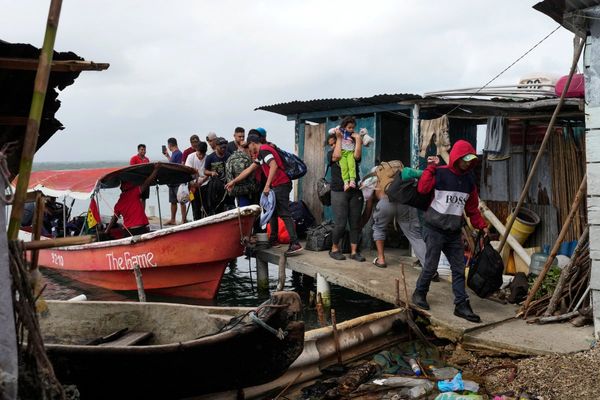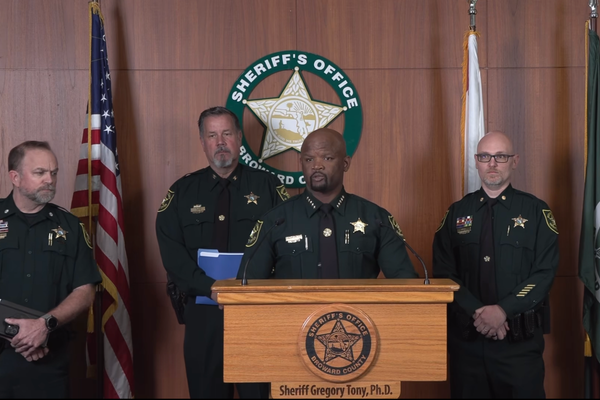
If, as widely presumed, Liz Truss becomes the new prime minister this week, she will face a mass of policy challenges of a variety and scale almost unprecedented for a postwar leader, particularly a brand new one. Truss will be fully aware of the extent of her task, if not always necessarily how she will tackle it. These are the main challenges:
Energy prices and cost of living
How Truss tackles this is likely to define her prime ministership and the fate of the UK in the coming years. And people want answers very quickly.
Truss has fought her Tory leadership campaign by relentlessly focusing on calls for tax cuts, and has been sceptical of what she called “handouts” – that is, direct government help for people facing energy prices that are rising so fast that millions of households will simply not be able to pay them.
Given the scale of the crises, critics say this seems politically and morally untenable. Truss has been careful to not rule out more assistance, and perhaps the biggest political decisions she will ever make will be to decide how energetically and radically she does intervene to assist people.
Take bold and expensive action, and Truss risks alienating the small state, free market Tory MPs and members who put her into No 10. Do too little, and the UK could see an economic, social and humanitarian emergency in which unaffordable energy bills create mass business closures, widespread destitution, and thousands of extra deaths over the winter.
It is hard to overstate the difficulty of the task she faces, something emphasised by the fact the government is doing contingency planning for possible energy rationing and blackouts. Police chiefs are reportedly even making preparations for the possibility of riots or wider civil unrest.
NHS and social care
Poverty and health campaigners would argue that this is in many ways another element of the cost of living crisis, given that the likelihood of large numbers of people forced to live in freezing homes or skip meals will exacerbate already crippling pressures on the health service.
Most prime ministers taking over in early September could prepare for an expected crisis in the NHS. Truss already has one, with ambulance responses routinely delayed for hours amid a shortage of beds, and a massive backlog of procedures and operations, a lot of it due to the knock-on effects of the Covid pandemic.
The ambulance delays in particular are a factor of the continued poor state of adult social care, with many beds occupied by older, frail patients who simply have nowhere to go. Boris Johnson promised to transform social care with money from an increase in national insurance. Truss has pledged to reverse that. Among the many health-based tough decisions she faces is how to pay for everything.
Uniting the Conservative party
Given that Truss’s last three predecessors as Tory leader either resigned or were forced out long before they hoped to depart, this is something of an ongoing problem, but it is one she will face perhaps more acutely than anyone.
Truss’s pitch to Tory members was deliberately quite one-note in ideological terms: a small state, low tax self-styled heir to Thatcher, implacable over Brexit and keen on culture war dividing lines.
This played well in the leadership race, but many Conservative MPs are less right wing than the membership, even following the cull of more liberal, one nation Tories under Johnson. In the initial stage of the leadership contest, Truss received the backing of fewer than a third of her fellow MPs, and many remain sceptical about her ideology and her abilities.
A key test will come with her cabinet. Bringing in a range of ministers from various wings of the party could help push MPs together, and perhaps mitigate her reputation for political blinkered-ness. But it would necessarily annoy loyalists who miss out on top jobs.
There is also the legacy of the bruising leadership campaign in which Truss’s rival, Rishi Sunak, was scathing about her economic plans. The former chancellor has all but ruled out a role in her government, and could become a figurehead for disaffected MPs who will seize on any mishaps and mistakes.
While she inherits a Commons working majority of 71, parliamentary life could be difficult with a series of big-hitters likely to be on the backbenches, and predictions that enough Tory MPs are so unsupportive that her effective majority could be nearer 10.
Ukraine
Compared with the previous two policy areas, this is not one where Truss will have to think overly long about her options. As Johnson’s foreign secretary, and the self-styled continuity-Boris candidate, Truss will maintain his steadfast support for Ukraine’s battle against Russian invaders. One of the few near certainties of Truss’s early weeks in office will be images of her in Kyiv alongside Volodymyr Zelenskiy.
But in common with other world leaders, Truss will face difficulties as the war inches forward, with no apparent resolution in sight, especially once the consequences of the energy price crisis, much of it connected to the war, begin to bite.
Truss will doubtless stay committed to Ukraine. But as its repercussions are felt, it seems likely she will face more voices, within the Conservative party and more widely, seeking an alternative plan.
Election or not?
Given the size of the policy tasks facing Truss, this could seem an irrelevance. But if Truss is to be more than a third interim Tory prime minister, it will be a crucial judgement.
The official line from Team Truss is that no election will happen until the current term ends, bringing an election in December 2024, or even January 2025. But she could face difficulties pushing through legislation, especially in the Lords, based on Johnson’s 2019 mandate, one based on a notably different policy platform.
The energy crisis also makes the prospect of an election unlikely. But should Truss see any sort of poll bounce, or she generates or stumbles into some sort of economic respite, then the temptation to roll the dice could be overwhelming.
One of the defining lessons of the last couple of decades of UK politics was Gordon Brown’s failure to call an election in spring 2008, when the polling was favourable and speculation was allowed to run free. Instead, he delayed, had to wait for the end of his term, and lost.







